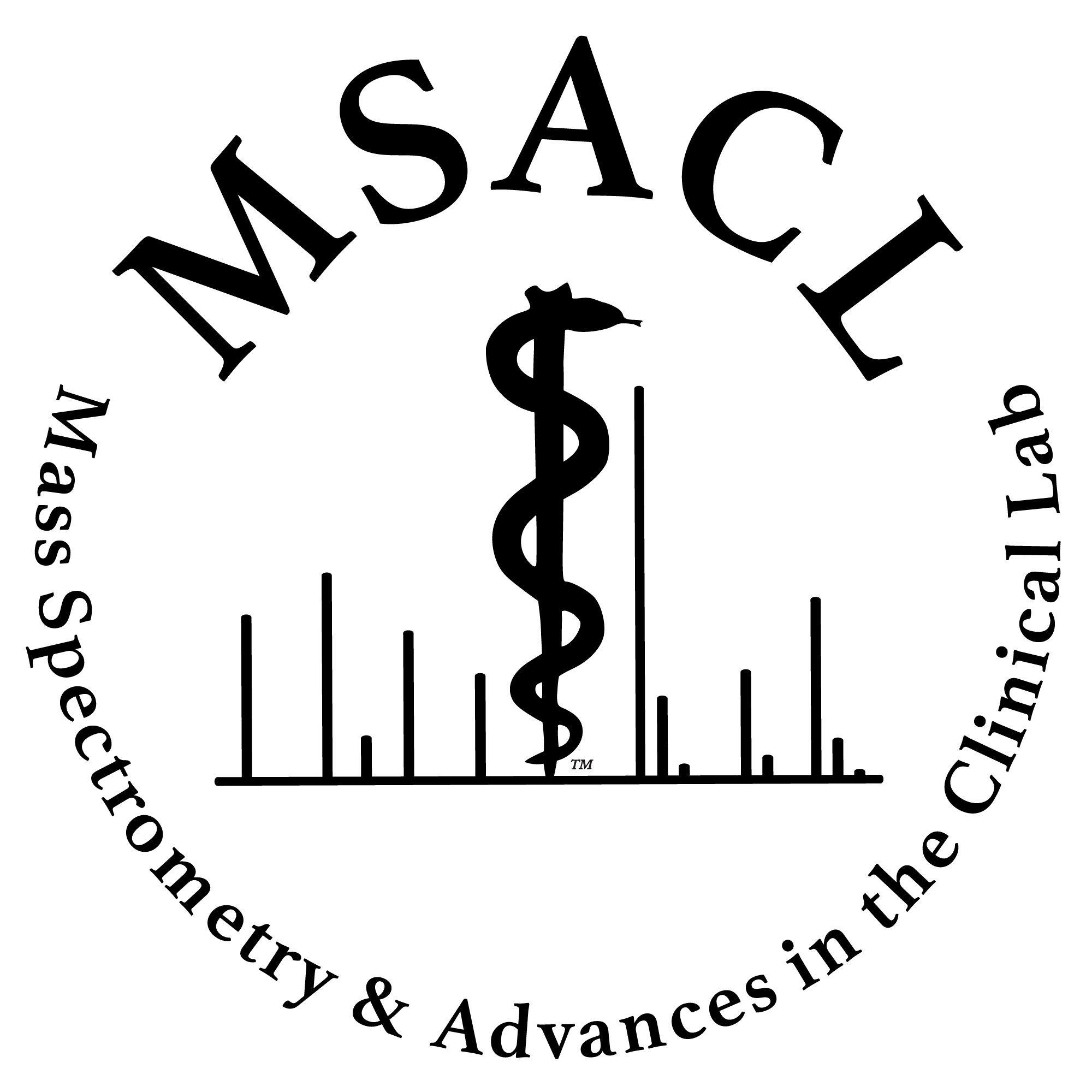 Translating Quantitative LC-MS Metabolomics Assays To The Clinic Translating Quantitative LC-MS Metabolomics Assays To The Clinic
David Wishart
University of Alberta

|
David Wishart, PhD (Presenter)
University of Alberta |
|
Presenter Bio: Dr. David Wishart (PhD Yale, 1991) was born and raised in Edmonton and identifies as Metis. He is Fellow of the Royal Society of Canada. Since 1995, he has been a professor at the University of Alberta. Currently, he is a Distinguished University Professor in the Departments of Biological Sciences and Computing Science with adjunct appointments in the Faculty of Pharmaceutical Sciences and the Department of Pathology and Laboratory Medicine. His research interests are broad and include metabolomics, analytical chemistry, food chemistry, natural product chemistry, molecular biology, protein chemistry and neuroscience. He has developed several widely used techniques using NMR spectroscopy, mass spectrometry, liquid chromatography and gas chromatography to characterize the structures of both large and small molecules. He has led the “Human Metabolome Project” (HMP), a multi-university, multi-investigator project that catalogued >250,000 human metabolites in human tissues and biofluids. This information has been archived on a freely accessible web-resource called the Human Metabolome Database (HMDB). More recently, his efforts have focused on characterizing the chemical constituents in various foods (through the FooDB database) and food-associated biomarkers. His lab has used machine learning and artificial intelligence to create >60 useful databases and software tools to help characterize and identify microbial metabolites, drugs, pesticides, and natural products. During his career, Dr. Wishart has published >500 papers in high impact journals on many subject areas and has been cited >100,000 times. |

